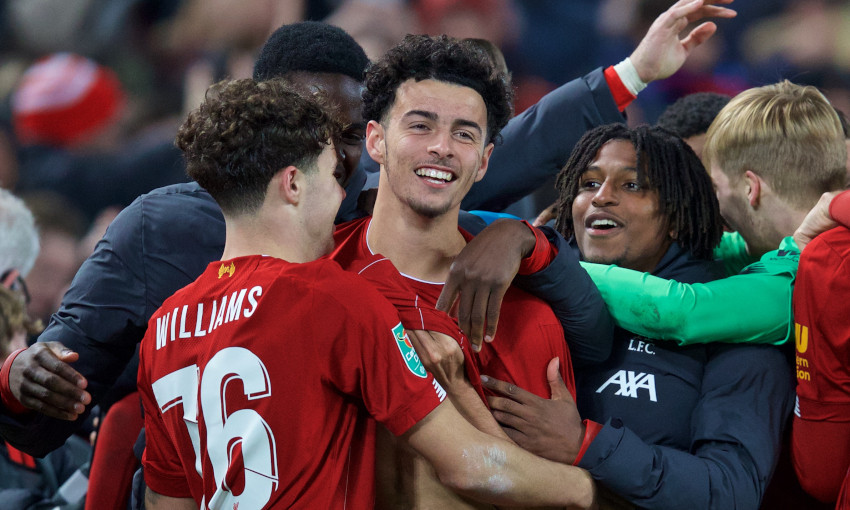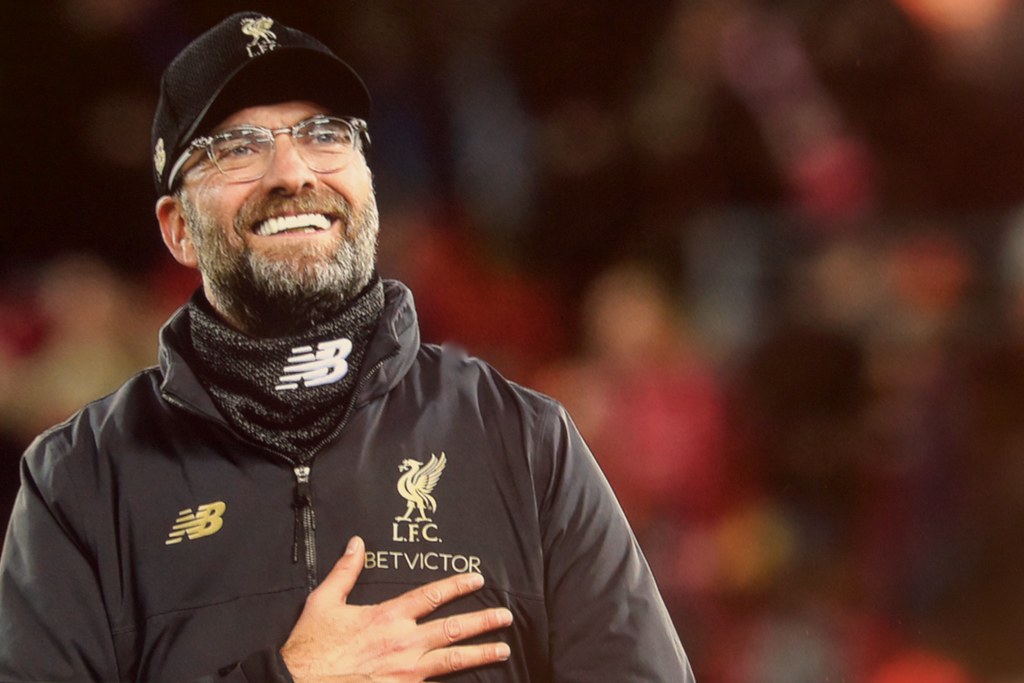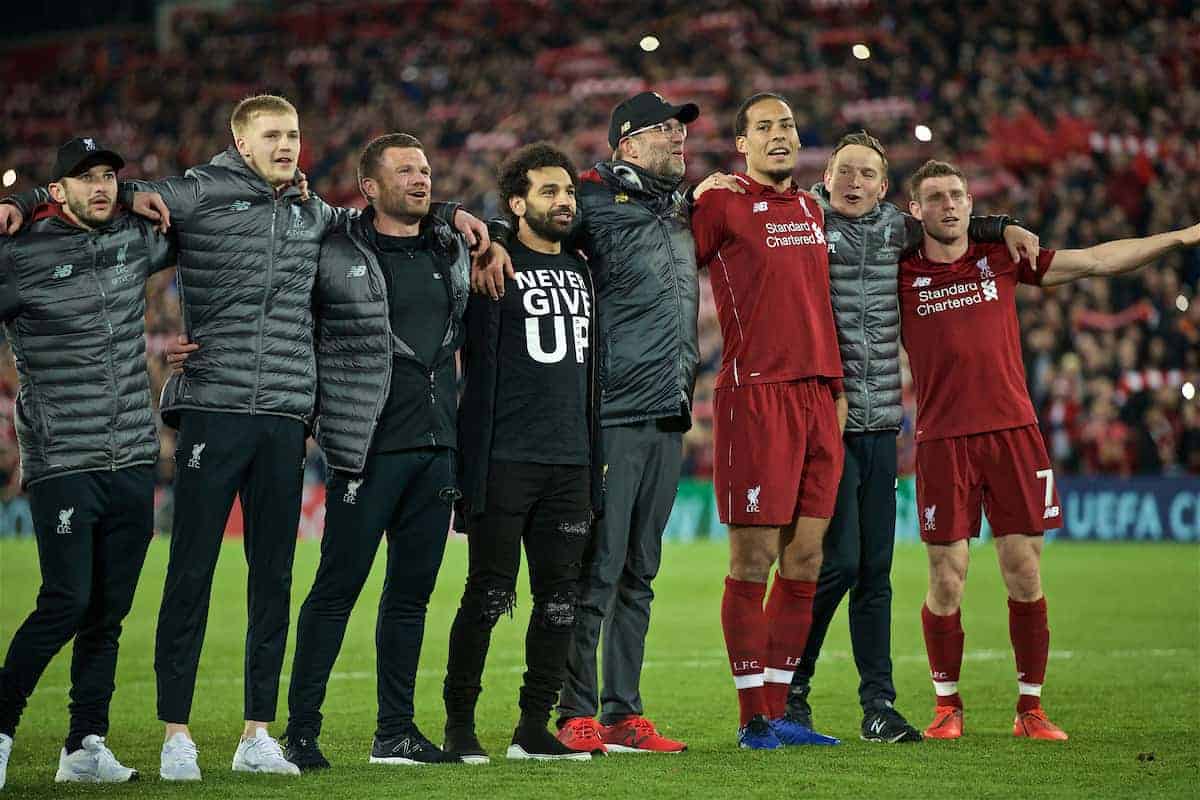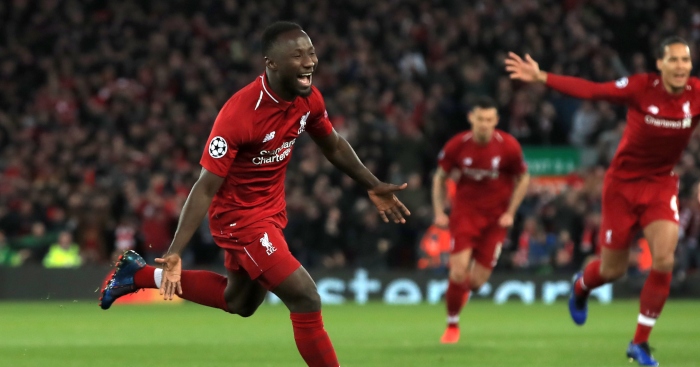 |
| World champions: Liverpool lift the Club World Cup (BBC screenshot) |
They did it the hard way, but after 120 minutes of hard work
Liverpool were crowned world champions in Doha. A stubborn Flamengo side and some
questionable officiating were ultimately not enough to thwart one of the
greatest club sides ever assembled, who further secured their legacy by adding
another trophy to an ever-expanding collection.
The Premier League leaders were made to fight for it, but
they have shown time and time again that they are more than willing to do so.
The official status as the best on the planet is really only telling people what
they already knew: this team is something special.
The victory delivers the first Club World Cup in Liverpool’s
storied history. Anfield has seen some great sides over the years, but now for
the first time they can sing of ‘the best football team in the world’ backed up
by silverware.
They should have been 1-0 up within the opening minute. A
simple chip over the top found Roberto Firmino clear of the back line, but he
could not cope with an awkward bounce and fired over the top under pressure
from the recovering centre-half. The early barrage did not relent, as Liverpool
continued to exploit the space in behind – minutes later Klopp’s side were in
again, this time with Salah, but Naby Keita also struck over from the Egyptian’s
pull-back.
Memories of the 2005 final were conjured up as the minutes
ticked by without a goal. The champions of Europe continued to dominate, but
rather than a Rogerio Ceni masterclass it was profligate finishing keeping the
scores level. There was some solace in the fact that Gabriel ‘Gabigol’ Barbosa
was being completely stifled, but with red shirts flooding forward routinely
there were creeping fears that one counter-attack could make things extremely
uncomfortable.
These doubts were hardly assuaged by two near-misses from
Bruno Henrique, who repeatedly found joy down Trent Alexander-Arnold’s flank.
One of these opportunities came from a poor piece of distribution from Alisson,
providing a stark demonstration of how one lapse in concentration could swing
the game. Indeed, as the half progressed the Brazilian side started to move
into the ascendency – a wildly skewed clearance from the usually imperious
Virgil van Dijk summed up the loss of composure.
A series of soft free-kicks given by the referee did not help
Liverpool’s attempts to regain their early rhythm, but the officials cannot be
blamed for the sloppy passes and naïve defending that dogged Liverpool’s game
throughout much of the first period. Flamengo looked sharper and hungrier: their
semi-final did take place earlier, but excuses and mitigation is not what wins
teams the title of world champions. This was a long way from Liverpool at its devastating
best.
A strong start to the second half was needed. The Premier
League leaders obliged, but in a cruel reflection of the first half Firmino
once again failed to convert from close range. This time he was tantalisingly
close, crashing his strike against the inside of the post and away. The challenge
lay in sustaining the pressure – Salah flashed one wide moments later, offering
more encouragement to those who had travelled from Merseyside.
Instead of the breakthrough, there came a creeping sense of déjà
vu. Following the two big chances for Liverpool to take the lead, Flamengo
found their feet – it was only a good Alisson save that prevented Gabigol from
opening the scoring. This earned the former Internacional stopper even more
jeers from the numerous fans who had made the pilgrimage from Rio de Janeiro.
The hour mark came and went without a goal. Extra-time would
not have been high on Klopp’s Christmas list, with the festive schedule already
packed – the German was visibly frustrated on the touchline as his side toiled.
Nonetheless, an extra thirty minutes looked increasingly likely as both sides
struggled to create. The problems were intensified by a nasty injury to Alex
Oxlade-Chamberlain, forced off after a hefty blow to his ankle.
Captain Jordan Henderson nearly averted the extra period
with a lovely strike from long distance, but he was denied hero status by a
smart diving save. It then looked as though Salah would be handed the chance to
win it from the spot after Mane broke clear and went down under the challenge from
Rafinha. However, a lengthy VAR check - purportedly over whether the incident occurred
inside or outside the box - somehow contrived to give no foul at all. The match
continued into extra time.
By this point proceedings were threatening to descend into
farce, as the Brazilians tried everything to hold on. The theatrics and gamesmanship,
present throughout the 90 minutes, were turned up to a new level: the highlight
was undoubtedly Gabigol departing on a stretcher with cramp.
But this Liverpool side did not lift the European Cup and
reach the summit of the Premier League without being able to fight to the bitter
end. In the 99th minute, the deadlock was finally broken. Fittingly,
it was Firmino who found the net at the third time of asking. Mane played him
through after a defence-splitting pass from Henderson, and he showed the composure
to sit the goalkeeper down and fire it into the unguarded net.
The rest of the match passed as an exercise in game
management. Liverpool showed the maturity that has been their biggest area of
improvement in recent seasons, keeping chances to a minimum. Even the best sides
are subject to some jitters in the last minutes of a final, and hearts were in
mouths when Lincoln skied a chance from a great position, but Klopp’s side saw
it out to earn the crown of world champions.
It was not the finest game that this team of stars has
played, but it was perhaps the most fitting way to reach the top of the world.
There is class and brilliance, but there is resilience and guile in equal
measure. It is this which separates them from even the great sides of old, none
of whom ever triumphed on this stage: it may well be the same qualities which
see the Premier League drought ended come the end of the season.






